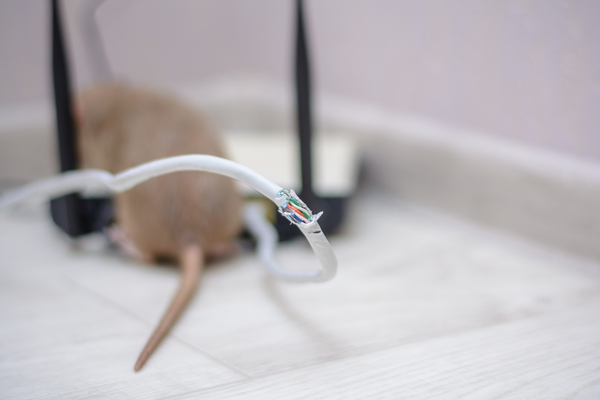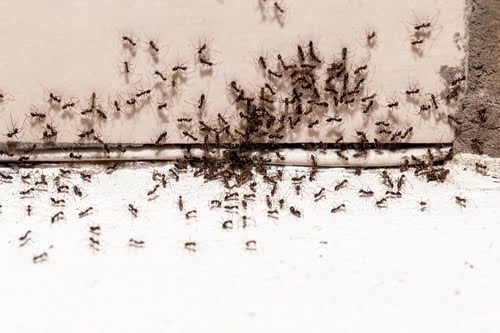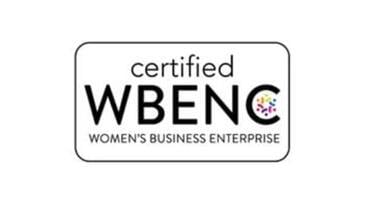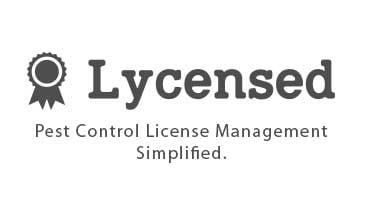Rodent infestations are common, especially in the fall and winter. Unfortunately, mice and rats are some of the most damaging and dangerous pests you can have in your home. Rodents’ frontmost teeth (incisors) never stop growing, and to keep them sharp and useful, they have to gnaw on soft objects constantly. Rodents chew through electrical wires, damage furniture, and leave behind feces and urine, which soils food and often becomes a serious health hazard.
Dangers of a Mouse or Rat Infestation
Why are Rodents so Problematic?
Rodents’ frontmost teeth (incisors) never stop growing, and to keep them sharp and useful they have to gnaw on soft objects constantly. They chew through electrical wire, damage furniture, ruin storage material, and rip up insulation. The pests also leave behind feces and urine, which soils food and often becomes a serious health hazard.
1. Mice and Rats are a Fire Hazard
Approximately 25% of house fires attributed to 'unknown causes' are actually caused by mice or rats. As rats and mice chew on electrical wiring, they damage it. Then, the damaged wiring sparks and overheats, which can often start electrical fires. Rodent infestations should be considered a significant fire hazard.
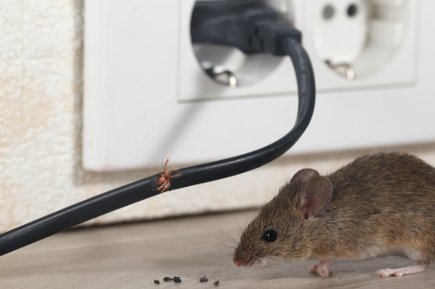
2. Rodents Can Be a Health Hazard
Health Hazards that Come Directly from Rodents:
Rodents are infamous for carrying diseases. Rodent feces, urine, saliva, and blood can directly transmit a wide variety of diseases, including Hantavirus and Tularemia.
Health Hazards that Come Indirectly from Rodents:
Additionally, rodents can carry ticks, lice, and other pests into your home, which means they can indirectly spread even more diseases.
Health Hazards from Rodent Byproducts:
Although people rarely transmit diseases by coming into direct contact with the rodents in their homes, they can be afflicted with diseases after contacting rodent byproducts. Rodents are notoriously unsanitary pests. They leave behind feces, urine, fur, and other remains wherever they live (and especially where they eat).
The most common way people get sick from rodents is by eating food contaminated with rat droppings. Rats usually feed on dry pantry goods, but they aren’t picky and will take anything they can find. This leads us to the next danger of a rodent infestation.
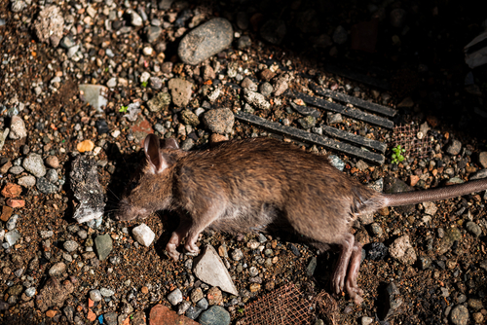
3. Mice & Rats are Skilled Scavengers (Leading to Food Waste)
Rats and mice are known for their ability to make their way into stored foods. Both rodents have a potent sense of smell. They can sniff out the specific location of food through doors, containers, and even walls. Rodents often enter your home in the first place by following the smell of food.
Once rodents locate a food source, they rarely have trouble accessing it. Rats can squeeze through an opening the size of a quarter. Mice can fit through an opening the size of a pencil. Their gnawing front teeth help them tear through boxes and bags.
If rodents are left unchecked, they eat and spread continuously. Plus, rats and mice taking up space in your food isn’t just a health risk, it’s a significant expense!
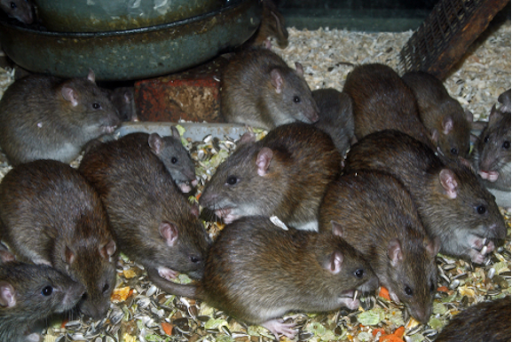
4. Rodents Cause Structural Damage
When rodents eat, gnaw, build nests, and reproduce it hurts your home. When they work their way through nooks and crannies to get food, they end up dislodging insulation and harming weather-proofing products in the process.
To make their nests, rats and mice drag insulation, paper, packing materials, and various garbage to corners of your home. They often pull this material off furniture. While they’re doing all the gnawing, ripping, and tearing, they’re also having babies. Unfortunately, these babies grow quickly and start causing damage of their own.
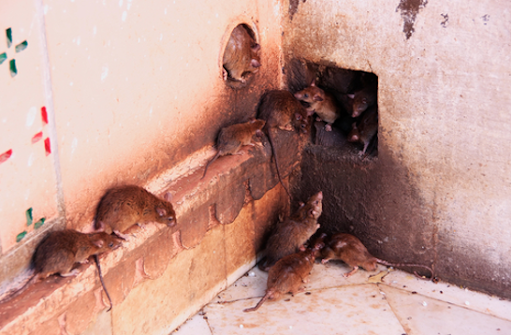
Avoid the Dangers, Damage, and Diseases of a Rodent Infestation: Get Help From Plunkett’s Pest Control!
Avoid the problems above by keeping mice and rats out of your home. The best way to do this is by getting help from a professional rodent control company! At Plunkett’s Pest Control, we can get and keep mice and rats out of your home for good. Contact us today to get started!

